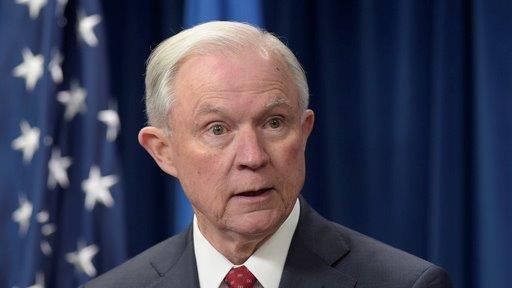Is Trump’s New Immigration Travel Ban Appeal-Proof?
After President Trump’s initial immigration ban executive order was plagued by a series of legal challenges, the Trump Administration unveiled a revised version it hopes will avoid any legal hurdles. Kansas Secretary of State Kris Kobach discussed the new version of the executive action.
“I think this new order is going to be a lot harder for opponents of it to defeat in court,” Kobach told the FOX Business Network’s Neil Cavuto.
According to Kobach, the administration went above and beyond to make sure the updated immigration ban was more impervious to any legal objections.
“The biggest difference, Neil, is this order reads like a legal brief. Normally, executive orders are fairly sparse, they don’t include lots of citations to legal authority or evidence. This one is 12 densely packed pages with evidence that the ninth circuit demanded when they reviewed the first order.”
Kobach then addressed concerns that the travel ban is actually a Muslim ban.
“The order specifically points out the thing that was true about the first order as well and that is, in terms of giving preference to refugees, it says that preference is given to minority religions within any country, that includes countries where Muslims are a minority religion.”
Kobach explained that the latest travel ban addresses the security issues of the six countries listed.
“The six countries are not chosen because they have majority Muslim populations. It goes specifically into listing the security concerns of those countries and, of course, you have many, many other dozens of other nations around the world that are not included, so it is ridiculous to call it a Muslim travel ban.”
Kobach reacted to concerns that the immigration ban could hurt airline stocks and potentially the overall economy.
“My guess is that those traders haven’t read this thing yet. And other than those six countries, which are truly hotbeds of terrorism and I don’t think many airlines are making a lot of money off of travel in and out of those six countries, the only significant change that this has on the rest of the world is that now, in-person interviews will be required before you get your visa.”




















